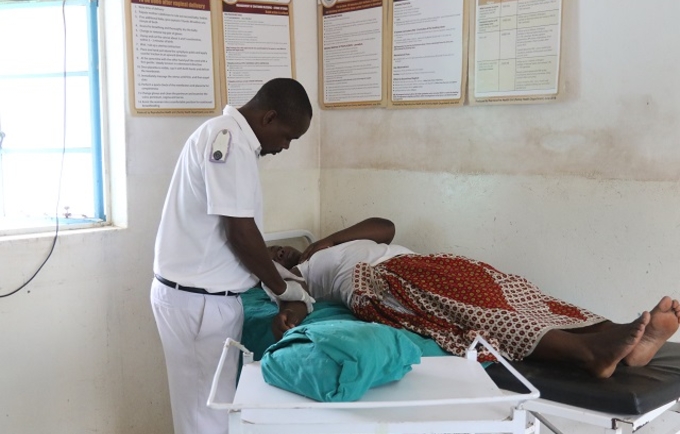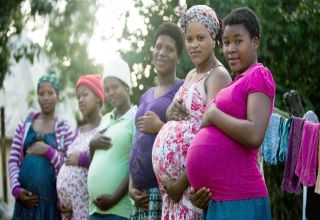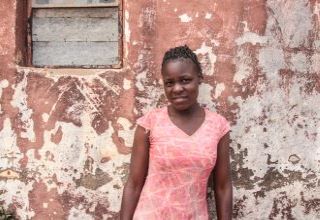A woman in her early thirties lies on the small bed in the examination room at Gumunyu Clinic an area under Chief Gumunyu in Gokwe North. Beside her, a male nurse seems to be preparing to perform a
medical procedure on her. The nurse puts on some gloves and tells the woman to relax and that there is nothing to worry about as he is an experienced nurse. He is preparing to insert an intra uterine
contraceptive device (IUCD) to the client on the bed.
The nurse is Kelvin Takavingwa (39). He has been working at Gumunyu Clinic for more than ten years andis passionate about his work as a nurse. In October 2018, Takavingwa was trained on IUCD insertion as a long acting reversible contraceptive (LARC) method for those who choose it. He was certified a month later in November 2018.
"Long-acting reversible contraceptives are methods of birth control that provide effective contraception for extended long period without requiring user action and adherence. These include intrauterine devices
and subdermal contraceptive implants," explains Takavingwa.
"It was difficult for women to accept that a male nurse could provide family planning services. With the help of community health workers, women are increasingly becoming more responsive and coming for
these services," Takavingwa says proudly.
Nurse Takavingwa says providing enough information and education on the benefits of long acting methods to both men and women in Gumunyu has contributed to many women choosing to have the IUCD inserted. He says Gokwe is predominantly a farming area and women would prefer long acting methods to avoid visiting the clinic often so they concentrate on their farming activities.
"We have not had any IUCD clients coming back to the clinic with complains," says Takavingwa.
Gumunyu Clinic records show that there have been no complaints from IUCD clients indeed. According to Takavingwa, family planning and use of contraceptives in the Gumunyu area has not been a big challenge compared to other areas in Gokwe as men are actively involved in the decision making and participate in sexual reproductive health education.
"The men trust me to provide the best service in family planning and that has made contraceptive use popular here in Gumunyu.”
UNFPA is supporting Zimbabwe in procuring IUCDs, Implants and Injectables to ensure expanding choices and improving access to comprehensive contraceptive services. Delivered through public health
systems, these contraceptives reach beneficiaries in the most remote areas like Gumunyu in Gokwe North. The Family Planning programme receives technical and financial support from UNFPA through the Health Development Fund, a pooled funding mechanism supported by the governments of Britain, Ireland, Sweden and the European Union.




